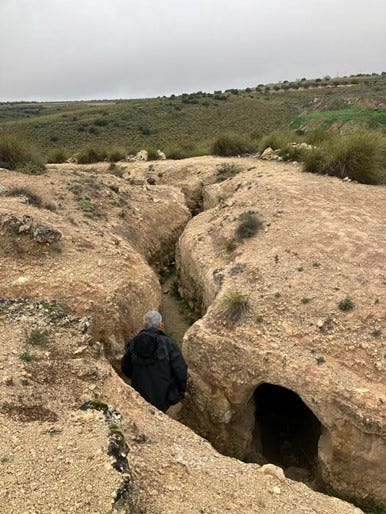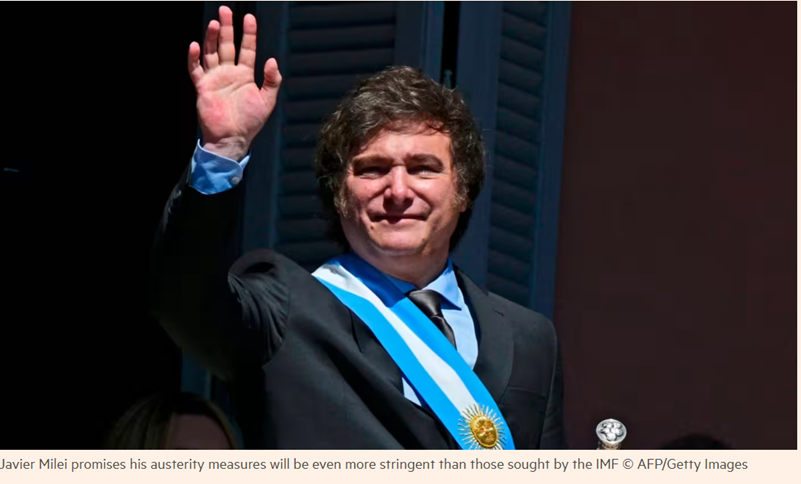No Pasaran!
Eighty-four years ago this month, in January 1937, Madrid was under siege. A civil war had broken out, and Fascist forces, led by General Franco, sought to take the city, following their overthrow of the democratically elected republican government. The government was so sure the fascists would succeed that they left for Valencia, leaving the Madrilenos to fend for themselves. Only a heroic mobilisation of citizens militias prevented Franco from succeeding. Their motto was No Pasaran! which means ‘They shall not pass!’

The militias were helped both in morale and firepower by the arrival of thousands of volunteer fighters, women and men who had travelled from countries all over Europe and beyond to aid them in their fight against fascism. They were predominantly working-class people, many of whom had never left their own country before, who were willing to die on Spanish soil to defend democracy against the rising fascist tide. They could see that the war in Spain was a clear precursor to the World War to come. A huge proportion of them died in Spain.
The fascist forces of Franco were backed heavily with weapons and soldiers from both Nazi Germany and Mussolini’s fascist Italy, experimenting with new modes of warfare now depressingly familiar, including the wholesale bombing and murder of civilians. Shamefully, the governments of the UK, US and other democracies deliberately chose not to support the Spanish government. Their media was full of reports of communist uprisings and support instead for the dictatorship of Franco. Politicians, too scared of prompting war with Hitler, sought to appease him at every turn instead.
The Battle to Save Madrid
Last week I visited Madrid with my stepfather to go and see some of the civil war battle fields around the city, something I have wanted to do for a long time. We saw where the first brutal battle was fought on the campus of the university; in one memorable moment, Cambridge educated communist philosophy students were engaged in brutal fighting in and around the Philosophy department where one survivor remembered they calculated exactly how many pages were required to stop a bullet. Only after weeks of house to house fighting and huge losses were the fascists stopped.

Franco’s second attempt to take Madrid and cut off its supply lines was in the Jarama valley, just a few miles outside the city. They came within a whisker of succeeding. We visited the battlefield there too, with its rolling hills and olive groves. There are still miles of trenches, and lots of scrap bits of metal left from the fierce fighting. The International Brigades, including hundreds of soldiers from the UK, US, France and Germany saw action there, with half of them either killed or maimed in just a few short hours, in what was basically a socialist Somme. Only their incredible bravery managed to once again frustrate the fascist attack, rescuing Madrid once more.
My good friend Jaime drove us to the battlefield. It was somewhere he had never visited before, despite being raised in Madrid. These sites, full of incredible history and stories, are barely known in Spain. The civil war, and the tens of thousands of people executed or disappeared in the years after the war ended, is still an incredibly sensitive topic in Spain. When the dictatorship ended in 1975 following Franco’s death, the price paid was a collective agreement to forget, and not to seek restitution. Only in recent years have the demands to recover the memory of of those times started to be heard, and for families to find the bodies of their loved ones, dumped in mass graves all over the country.
The remorseless rise of the far right
In recent years there has been once again a rapid rise in the far right in Spain. The far right party Vox came exceptionally close to being part of a new right wing coalition government last summer. This has led strength and voice to those seeking to rehabilitate Franco and openly support policies of racism and fascism.
This is a phenomenon across Europe. In Germany, the far right Alternative for Deutchland, AFD, is the second most popular party in the country, polling at around 22%, almost twice as much as the ruling SPD and Green parties. In Italy, a video of ranks of men making the fascist salute this month has been shared widely and condemned by many Italian politicians, however Georgia Meloni, the Prime Minister who herself comes from the far right has stayed ominously silent.
With a record number of elections and people worldwide voting in 2024, it is not only in Europe where the far right is expected to register major gains and consolidate their power. Across Asia, violent far right groups are also on the rise. In Argentina, the election of the far-right libertarian Javier Millei has shocked the world, and in the US Donald Trump is consistently leading in the polls and has a strong chance of regaining the presidency.
This slow and seemingly remorseless slide towards far-right politics and fascism is eerily familiar, especially in Europe. Nevertheless, I think for many there is still a deep-set belief that it ‘could never happen here’ or ‘never happen again here’.
The media still speak consistently about the far-right in euphemistic terms that I think obscure and obfuscate; they are ‘populists’, ‘authoritarian’, ‘libertarian’, ‘nationalists’; our politics is becoming ‘polarised’ or ‘chauvinistic’. These terms are in many ways adjectives of appeasement. They are perhaps more about the desire to defend the so called political ‘centre’ at all costs, against perceived threats from not just the right but the left too as if both are equally threatening. Also with many far right leaders, as long as their economics are solidly neoliberal and pro-capital, then they are accepted and unchallenged. This was of also true of Mussolini the first time around.
But it seems to me in most countries, politics is not polarised in a plural sense; unlike the 1930’s, there is not a massive mobilisation of the left. In the 1930’s communism and socialism were incredibly popular. This time instead of polarisation in two directions, there is polarisation is generally in only one direction: to the far right.
Today there are inspiring movements on the left, whether it is Black Lives Matter, or the many thousands campaigning against climate breakdown; but there is nothing like the deep understanding and belief amongst millions of working-class people in the 1930’s that capitalism has failed, and who had faith instead in a progressive, socialist or communist alternative.
I do think polling consistently shows a widespread belief, particularly in rich countries, that capitalism is failing the majority; and only seems to benefit a small group at the top. But in the absence of any organised and articulate progressive alternative, this widespread disaffection with the status quo is instead helping to fuel the rise in support for the far right.
Rather than articulate a progressive alternative, nominally left-wing parties see their only strategy is to pander to the right, parroting hardline policies on immigration for example, despite evidence that this does not help them increase their vote. They seem to hope that somehow if they keep quiet and don’t do anything radical, at some point there will be a return to ‘normal’ politics.
But this is not a drill. Normality will not return, not least I feel because the neoliberal ‘normality’ of recent decades has arguably fuelled the rise in support for the far right in the first place. By abandoning progressive, socialist and social democratic policies like fair wages and rights for workers, universal public services, or fair taxation of the richest, and instead promoting an extreme, atomised version of capitalism and by being ‘intensely relaxed’ about the huge increase in inequality, I think that the left has in large part opened the door to the far right.
As we start 2024, it seems to me that the ideas and ideals of those who fought in Spain are as relevant and as vital today. We must I think do all we can to build a global movement to fight fascism, and to capture imaginations instead with a positive, progressive vision and belief that another world is possible.
Author: Max Lawson, Head of Inequality Policy at Oxfam International and EQUALS podcast co-host. He is also the co-chair of the Global People’s Vaccine Alliance.
Read and subscribe to our EQUALS Substack Newsletter and watch out for EQUALS podcast new season.







